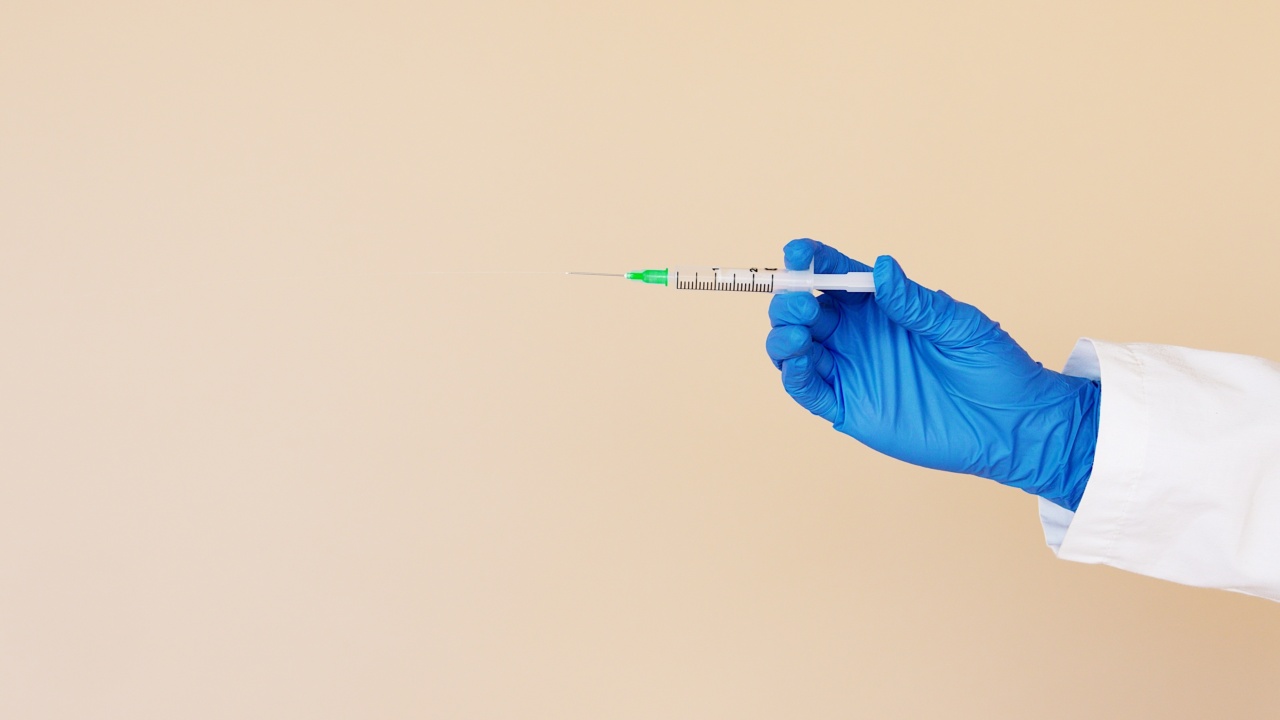Conceiving a child is a life-changing experience that can bring immense joy and contentment to a couple. However, before taking the plunge, it is crucial to ensure that you are physically and mentally prepared for the journey that lies ahead.
Along with making lifestyle changes, paying attention to your diet can significantly improve your chances of conceiving and delivering a healthy baby. Here are four dietary tips to follow for optimal results:.
1. Increase your intake of Folate
Folate is a vital nutrient that plays a significant role in the growth and development of the fetus.
Studies have shown that increasing the intake of folate before and during pregnancy can reduce the risk of birth defects, such as neural tube defects and other congenital abnormalities, in the baby.
To increase your intake of folate, you can add more green leafy vegetables, nuts, beans, and citrus fruits to your diet. You can also take supplements that contain folic acid, which is the synthetic form of folate.
Experts recommend a daily dose of 400 to 800 mcg of folic acid for women who are planning to conceive or are already pregnant.
2. Increase your intake of Iron
Iron is an essential mineral that is required for the production of hemoglobin, a protein that carries oxygen to the cells of the body.
During pregnancy, the demand for iron increases significantly to support the growth and development of the fetus, placenta, and maternal tissues. A deficiency of iron during pregnancy can lead to anemia, premature labor, and low birth weight of the baby.
To increase your intake of iron, you can include more sources of iron in your diet, such as red meat, poultry, fish, beans, lentils, tofu, dried fruits, and fortified cereals.
Experts recommend a daily intake of 27 mg of iron during pregnancy to support the increased demand.
3. Stay hydrated
Staying hydrated is crucial for overall health and well-being, especially during pregnancy when the body is producing more blood volume to support the growing fetus.
Drinking enough water and fluids can help prevent constipation, urinary tract infections, and preterm labor.
Experts recommend drinking at least 8 to 10 glasses of water and fluids daily. You can also increase your intake of fluids by consuming fruits and vegetables that have high water content, such as watermelon, cucumber, and tomatoes.
4. Consume a balanced diet
Eating a balanced diet that provides all the necessary nutrients is crucial for ensuring optimal health and well-being during pregnancy. A healthy diet can help prevent complications such as gestational diabetes, preeclampsia, and preterm labor.
A balanced diet should include a variety of foods from the five food groups, including fruits, vegetables, grains, protein sources, and dairy or dairy alternatives.
Experts recommend that pregnant women consume at least 2 servings of fruits, 2 1/2 servings of vegetables, 6 servings of grains, 3 servings of non-fat or low-fat milk or dairy alternatives, and 6 1/2 ounces of protein sources daily.
By following these dietary tips, you can improve your chances of conceiving and delivering a healthy baby.
It is essential to consult your healthcare provider before making any significant dietary changes to ensure that you are meeting your nutritional needs based on your individual circumstances.






























